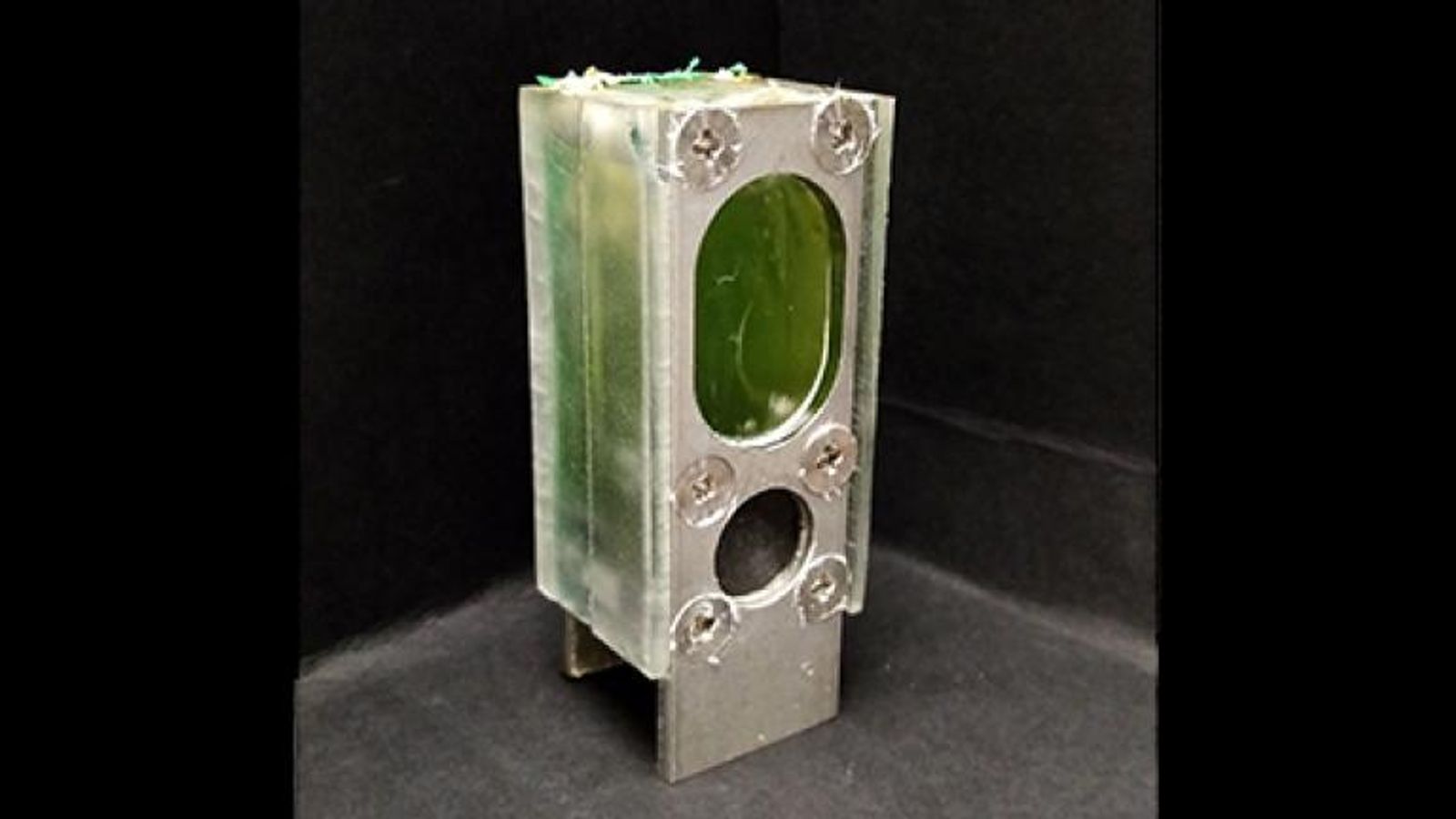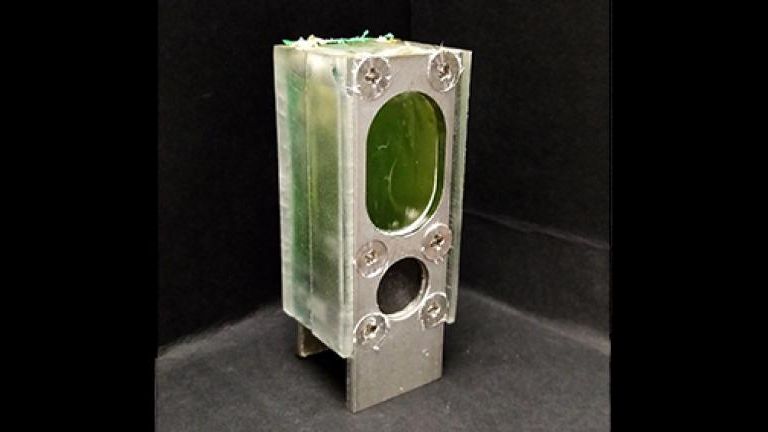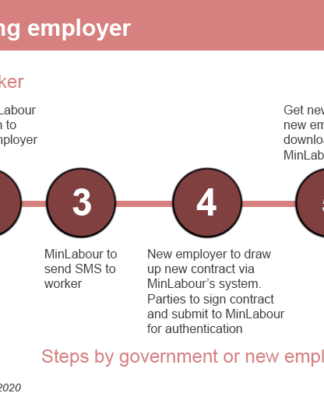Scientists power miniature computer with algae for six months
The device is far cheaper to make than batteries that rely on unsustainable materials like rare earth elements, and is more environmentally friendly than the hazardous materials used in solar-power photovoltaic material.
Monday 16 May 2022 10:47, UK
Scientists have powered a miniature computer for six months using only the electrical current generated by algae.
The computer doesn’t pack the power of a traditional processing unit but the researchers believe it could function as a reliable and renewable way to run small devices.
It is the size of an AA battery and uses a species of blue-green algae that generates a tiny electrical current while photosynthesising sunlight into energy.
The researchers from the University of Cambridge managed to capture some of this energy using an aluminium electrode to power an Arm Cortex M0+ microprocessor.
The entire system is made from “common, inexpensive and largely recyclable materials,” according to the researchers, and they suggest that hundreds of thousands of the chips could used to power small computers in off-grid or remote situations.
The little device is definitely experimental for now and the researchers don’t propose any industrial uses.
However they note that it is far cheaper to make than batteries that rely on unsustainable materials like rare earth elements, and is more environmentally friendly than the hazardous materials used in solar-power photovoltaic material.
But even more remarkable than how recyclable the device is was how long it lasted.
“We were impressed by how consistently the system worked over a long period of time,” said Dr Paolo Bombelli of the University of Cambridge.
“We thought it might stop after a few weeks but it just kept going,” added Bombelli, whose team of biochemists published a paper detailing their creation in the journal Energy & Environmental Science.
Fellow senior author Professor Christopher Howe said: “Our photosynthetic device doesn’t run down the way a battery does because it’s continually using light as the energy source.”
Because the algae creates its own food using photosynthesis it doesn’t need to be fed.
The scientists discovered it also continued working at night time without light, which they suspect is because the algae had managed to store up some energy to process its food.
Read more: No US takeover for UK chip designer Arm – but could it be destined for Wall Street?
The Cortex M0+ is described as “the most energy-efficient Arm processor available for constrained embedded applications”.
Arm, the UK’s flagship technology company, is behind the designs for computer chips used in practically every smartphone in the world alongside many other devices.
A recent attempted $66bn acquisition of the company by the US manufacturer Nvidia was abandoned following regulatory scrutiny.






























